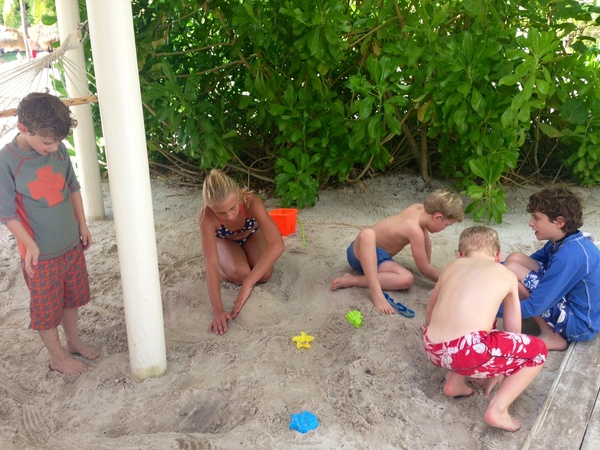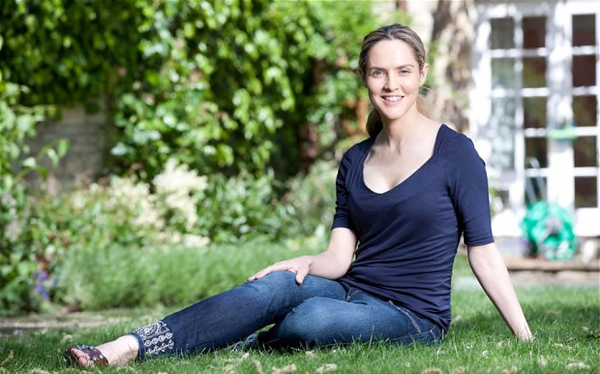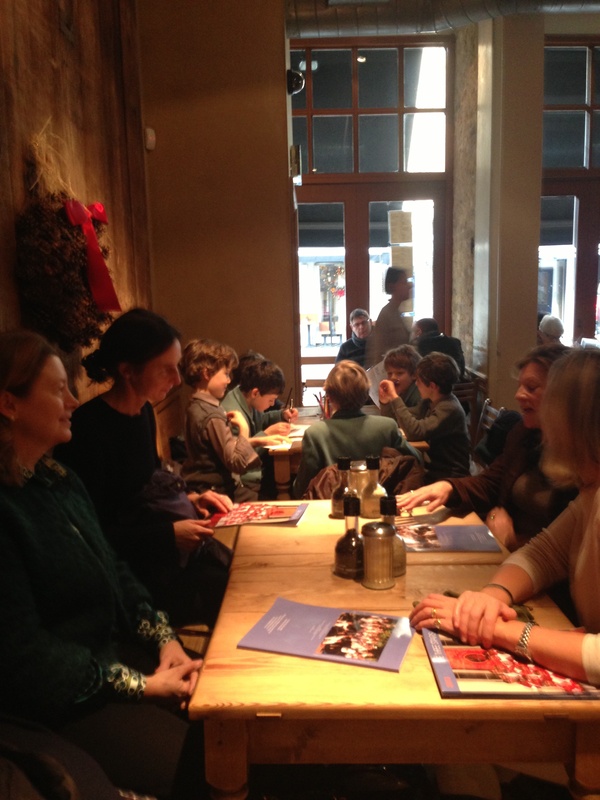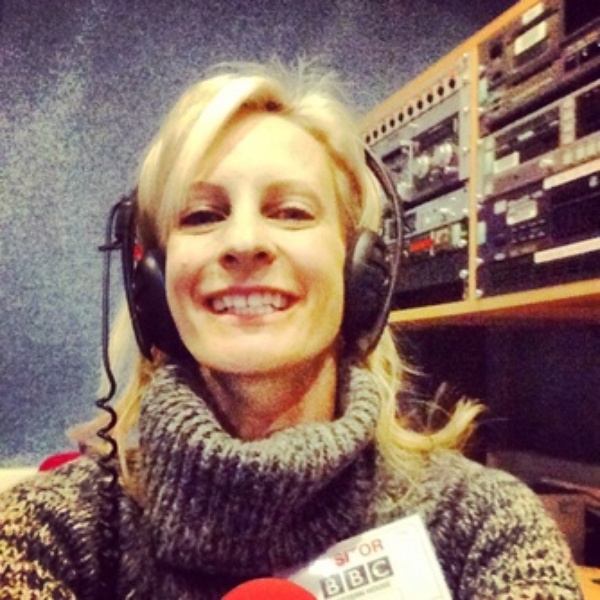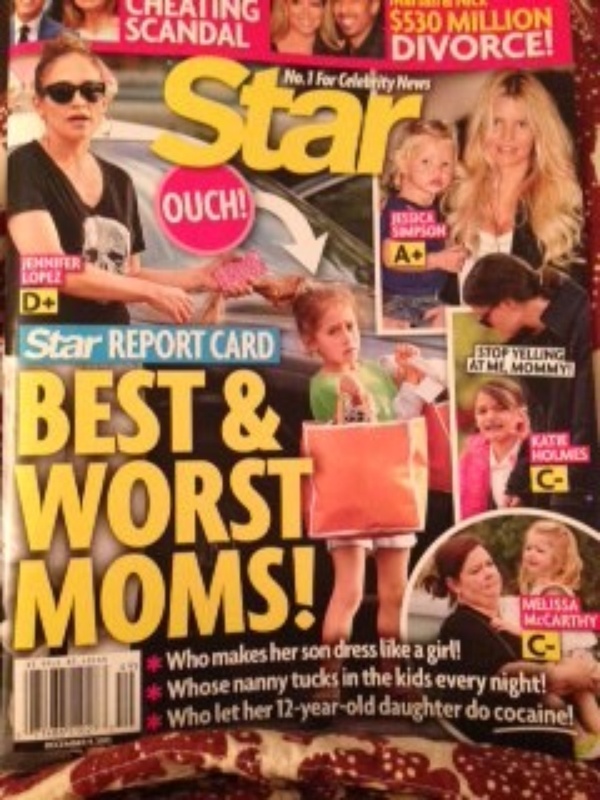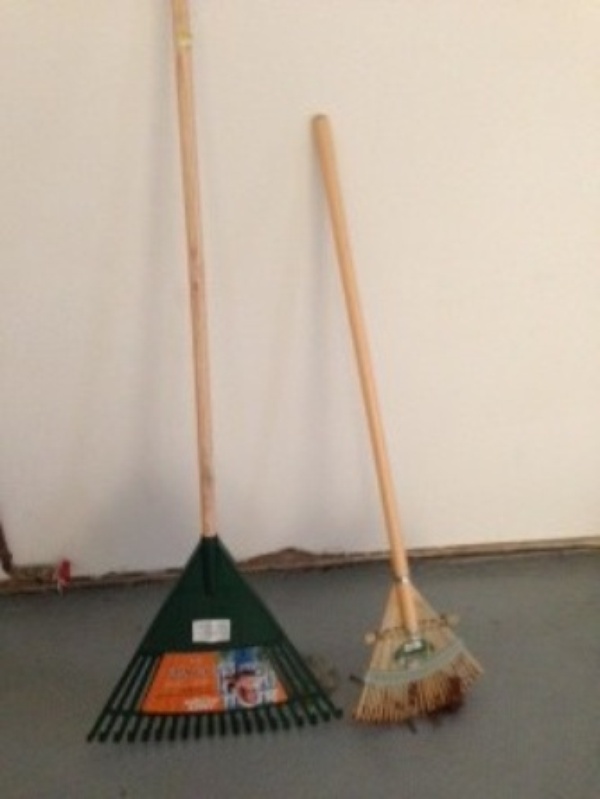One of my favorite British-isms is "Sorry!" When I first started spending time in London, I noticed it was used all kinds of ways I wasn't used to. For example, being American, it took me a while to get the hang of walking to the left rather than the right, so I was frequently in someone's way on the sidewalk. "Sorry!" they would say, meaning, "You're in my way." It's more polite than the thing New Yorkers say in the same situation: we issue an exasperated, angry "Excuse me?!" which is not much of a euphemism for "Effingmove it!" Other times in England "Sorry!" is used if you make a mistake, to simultaneously acknowledge and gloss over the social awkwardness. "Sorry!" the flawless concierge at our hotel would say if I knocked a pen off the counter. That sort of meant, "Sorry that happened and rather than ignoring it, which would be potentially even more awkward, I'm going to sort of take responsibility for it myself." As we rushed to get on our plane at the end of our trip, I "bumped queue after queue" simply shouting over my shoulder, "Our flight is leaving, sorry!" In this context it meant, "Thanks for understanding my boorishness." Thank goodness someone has written cogently on the the uses of "sorry" in British idiom. I love this hilarious piece, "A Poor Apology for a Word" by Henry Hitchings in the New York Times.
